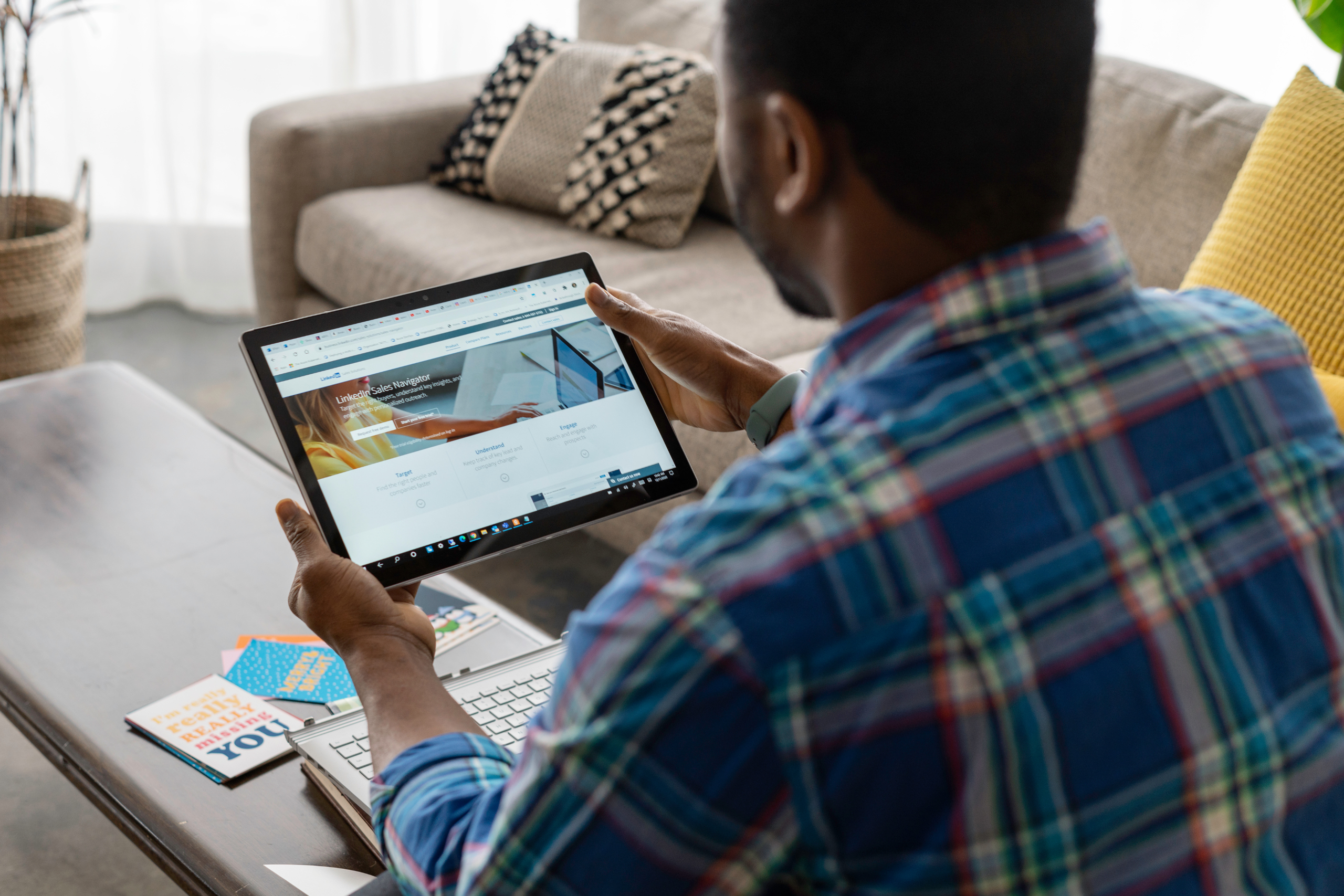Last year, I graduated from university.
Like many other recent grads, I didn’t just graduate with a crisp degree to frame on my wall. When I graduated university, I had no full-time job, no job prospects, and $20,000 in student debt. The real world presented itself at my feet.
Yet soon after, I had to drop a whopping $1,600 on a brand new laptop. This purchase was not a splurge, nor was it something I had been planning for a long time. This purchase was a short-term goal that I set when I graduated. I knew I needed a reliable laptop to apply for jobs, complete video interviews, and do design work.
I considered it essential to my being able to find work.
Goal on a Tight Budget
This is the approach I took to reach my goal, as someone on a tight budget, faced with debt and instability. I considered my laptop as an investment in my future: My old computer had typed its last essay and powered its last Skype call — the microphone and speakers hadn’t worked in months and the system wouldn’t support the extensive Windows 10 updates.
Next, I recognized my goal as short-term and set a personal deadline of three months. I set aside my goal to purchase a car, and I geared what few hours of part-time work I had towards my laptop.
Short-Term Pain for Long-Term Gain
Redirecting my spending was a crucial step to achieving my goal in a short time span. I further deduced that most of my money went towards food, so I stopped eating out temporarily. My social life typically ate through my wallet, so I kept expensive social outings like amusement parks and fancy dinners to a minimum and replaced them with low-budget alternatives like coffees and hikes.
I continued taking public transit, leveraging rides from friends and family where I could and avoiding taking taxis or Uber anywhere unless it was an emergency, like an important job interview.
Only using my credit card for emergencies was helpful because it saved me unnecessary spending. I would often tap my credit card for non-emergencies like a medium tea every day or online shopping, which would add up on my bill.
Avoiding the urge to splurge was another tough, yet important step I took to achieve my goal. I would often make impulse buys at the mall, but I learned restraint and thought of my laptop instead.
Finally, I dipped into any available funds I had. I skimmed my savings account and used a small part of my credit limit. I sold a few old textbooks, a pair of once-used headphones, and two old phones.
Making Priorities
As difficult as this process was, I kept telling myself that it was only short-term. I stayed motivated by pumping out applications for full-time jobs on my barely kicking old computer, which reminded me of how badly I needed to upgrade.
After three months, I made my anticipated trip to the store to make my purchase. My saving and budgeting efforts paid off. I also donated my old model to a local cafe. After achieving this short-term savings goal right out of university, I’ve learned that it’s possible to save, even on an extremely tight budget with seemingly no wiggle room.
Written by Christine Sharma. ![]() This article originally appeared on Tangerine’s site: Forward Thinking.
This article originally appeared on Tangerine’s site: Forward Thinking.![]()


